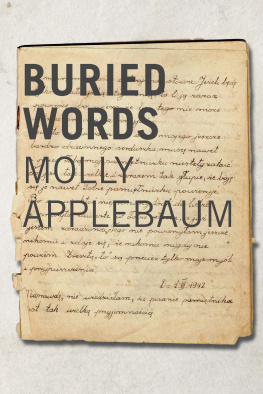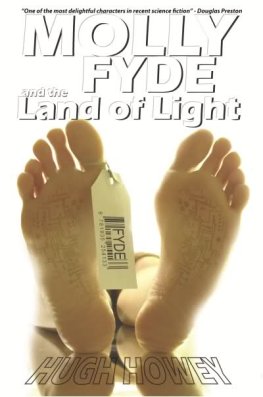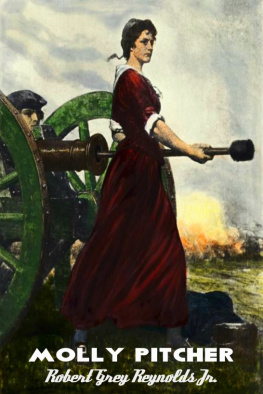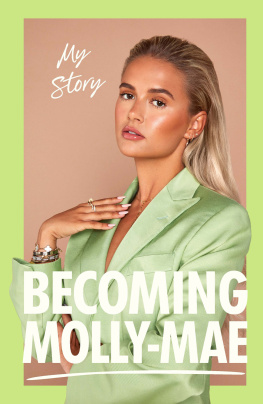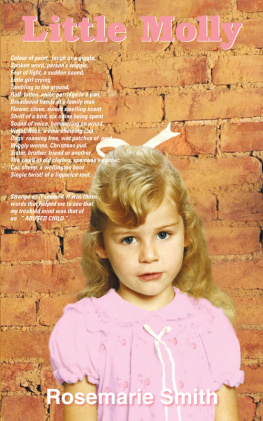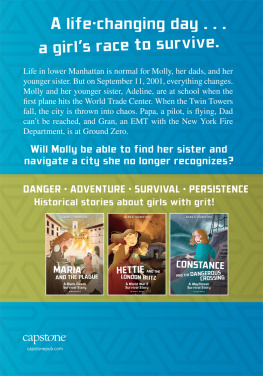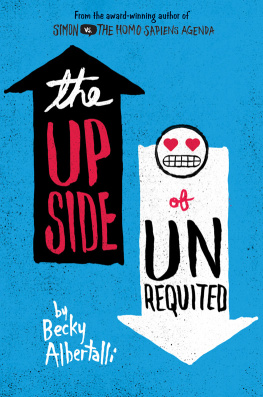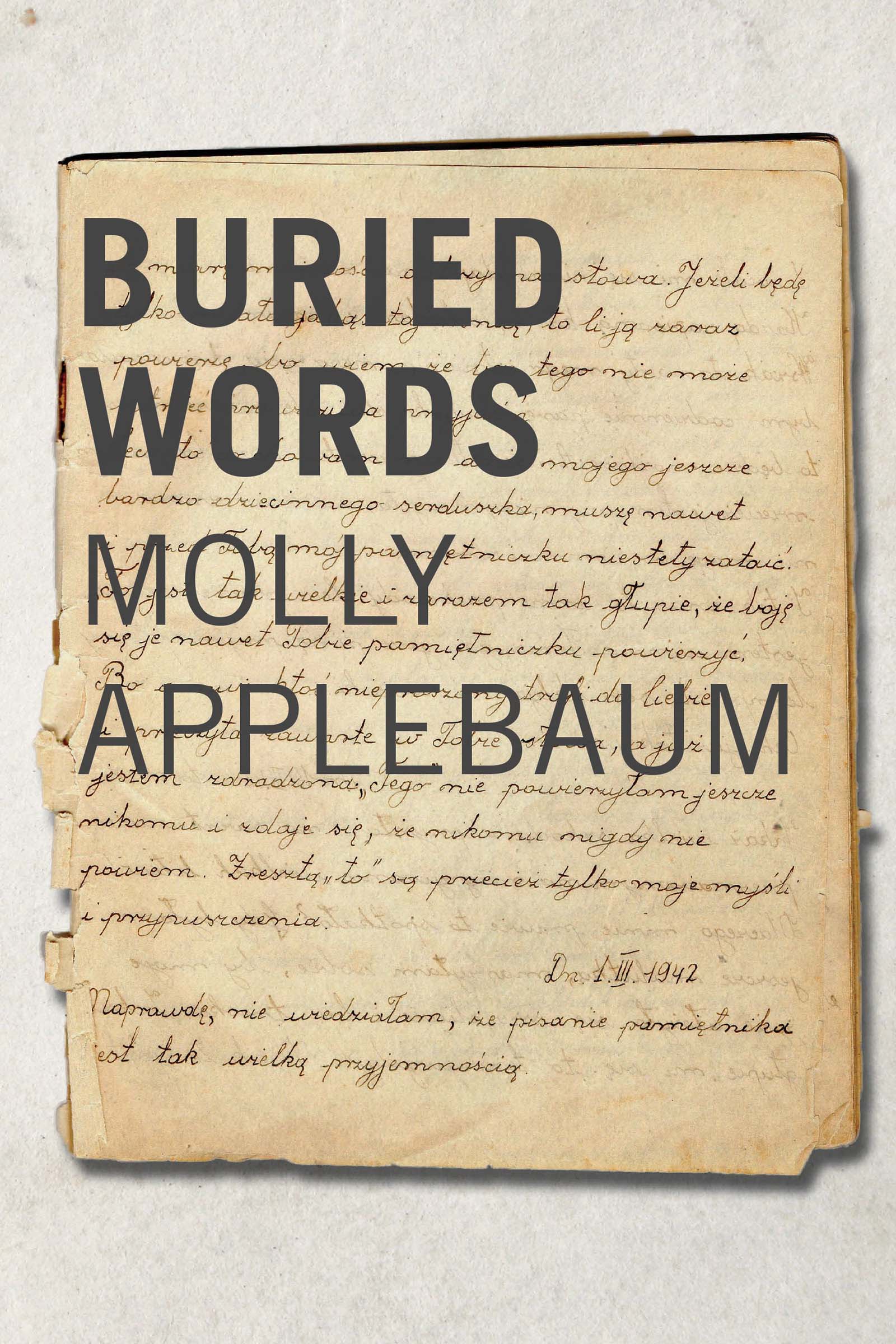Copyright in individual works, parts of works and/or photographs included within this published work is also claimed by individuals and entities. All requests and questions concerning copyright and reproduction of all or part of this publication may be directed to The Azrieli Foundation.
Includes index.
isbn 978-1-988065-12-0 (softcover) 978-1-988065-27-4 (ebook)
1. Applebaum, Molly, 1930 - Diaries. 2. Jews - Persecutions - Poland - Dbrowa Tarnowska - Diaries. 3. Holocaust, Jewish (19391945) - Poland - Dbrowa Tarnowska - Personal narratives. 4. Hiding places - Poland - Dbrowa Tarnowska. I. Azrieli Foundation, issuing body II. Title.
The Azrieli Series of Holocaust Survivor Memoirs
Naomi Azrieli, Publisher
Jody Spiegel, Program Director
Arielle Berger, Managing Editor
Farla Klaiman, Editor
Matt Carrington, Editor
Elizabeth Lasserre, Senior Editor, French-Language Editions
Elin Beaumont, Senior Education Outreach and Program Facilitator
Catherine Person, Educational Outreach and Events Coordinator, Quebec and French Canada
Marc-Olivier Cloutier, Educational Outreach and Events Assistant, Quebec and French Canada
Tim MacKay, Digital Platform Manager
Elizabeth Banks, Digital Asset Curator and Archivist
Susan Roitman, Office Manager (Toronto)
Mary Mellas, Executive Assistant and Human Resources (Montreal)
Mark Goldstein, Art Director
Franois Blanc, Cartographer
Bruno Paradis, Layout, French-Language Editions
Series Preface: In their own words...
In telling these stories, the writers have liberated themselves. For so many years we did not speak about it, even when we became free people living in a free society. Now, when at last we are writing about what happened to us in this dark period of history, knowing that our stories will be read and live on, it is possible for us to feel truly free. These unique historical documents put a face on what was lost, and allow readers to grasp the enormity of what happened to six million Jews-one story at a time.
David J. Azrieli, C.M., C.Q., M.Arch
Holocaust survivor and founder, The Azrieli Foundation
Since the end of World War ii , over 30,000 Jewish Holocaust survivors have immigrated to Canada. Who they are, where they came from, what they experienced and how they built new lives for themselves and their families are important parts of our Canadian heritage. The Azrieli Foundations Holocaust Survivor Memoirs Program was established to preserve and share the memoirs written by those who survived the twentieth-century Nazi genocide of the Jews of Europe and later made their way to Canada. The program is guided by the conviction that each survivor of the Holocaust has a remarkable story to tell, and that such stories play an important role in education about tolerance and diversity.
Millions of individual stories are lost to us forever. By preserving the stories written by survivors and making them widely available to a broad audience, the Azrieli Foundations Holocaust Survivor Memoirs Program seeks to sustain the memory of all those who perished at the hands of hatred, abetted by indifference and apathy. The personal accounts of those who survived against all odds are as different as the people who wrote them, but all demonstrate the courage, strength, wit and luck that it took to prevail and survive in such terrible adversity. The memoirs are also moving tributes to people - strangers and friends - who risked their lives to help others, and who, through acts of kindness and decency in the darkest of moments, frequently helped the persecuted maintain faith in humanity and courage to endure. These accounts offer inspiration to all, as does the survivors desire to share their experiences so that new generations can learn from them.
The Holocaust Survivor Memoirs Program collects, archives and publishes these distinctive records and the print editions are available free of charge to educational institutions and Holocaust-education programs across Canada. They are also available for sale to the general public at bookstores. All revenues to the Azrieli Foundation from the sales of the Azrieli Series of Holocaust Survivor Memoirs go toward the publishing and educational work of the memoirs program.
The Azrieli Foundation would like to express appreciation to the following people for their invaluable efforts in producing this book: Doris Bergen, Sherry Dodson (Maracle Inc), Jerzy Giebutowski, Jan Grabowski, Barbara Kamieski, Therese Parent, and Margie Wolfe & Emma Rodgers of Second Story Press.
About the Glossary
The following memoir contains a number of terms, concepts and historical references that may be unfamiliar to the reader. For information on major organizations; significant historical events and people; geographical locations; religious and cultural terms; and foreign-language words and expressions that will help give context and background to the events described in the text, please see the .
Introduction
I became aware of the existence of Molly Applebaums diary quite by chance, in the fall of 2012, while giving an advanced graduate seminar on the history of the Holocaust at the University of Ottawa. Shortly before the end of the term, Jason, one of my students, casually mentioned that his grandmother had survived the war in Poland as a child and, while in hiding, she had kept a diary. That same day, I received scanned copies of his grandmothers diary. Written in excellent Polish, on pages yellowed with age, the diary was a heart-wrenching read. I was astonished to see that the author of the diary not only had spent two years underground (quite literally, in a box buried under the dirt floor of a barn) but that she had also survived the German occupation in Dbrowa Tarnowska, a small town that was the subject of my most recent book, JudenjagdPolowanie na ydw 19421945, published in Poland the year before and published in English as Hunt for the Jews: Betrayal and Murder in German-Occupied Poland (2013).
The testimony of Melania Weissenberg - the authors maiden name - is one of those unique sources that forces us to revise our own understanding of the past and to reflect on human nature. First of all, from a historians viewpoint, diaries as a form of historical testimony are considered a source of very particular nature and extraordinary value. Unlike memoirs and accounts written after the fact, the diaries (and especially intimate diaries, such as the one written by Melania) are free of corrections of memory that tend to eliminate and obfuscate those dimensions of our experience that we are least proud of or that we would prefer to sidestep and altogether erase. On top of that, very few diaries that were written by children during the Holocaust have survived the war. The diaries of Anne Frank, Mary Berg, Dawidek Rubinowicz, Rutka Laskier, Renia Knoll, or the slightly older Dawid Sierakowiak, given their unique perspective, count among the most rare and most precious testimonies of the time. Melania started to write her diary as a precocious twelve-year-old girl and finished as a fourteen-year-old woman, deeply marked by the Holocaust. The diary, written between 1942 and 1945, spent the next sixty-seven years in a drawer. Mollys children, who did not know Polish, could not recognize the importance of the diary, and the author herself was not eager to share it with others.

